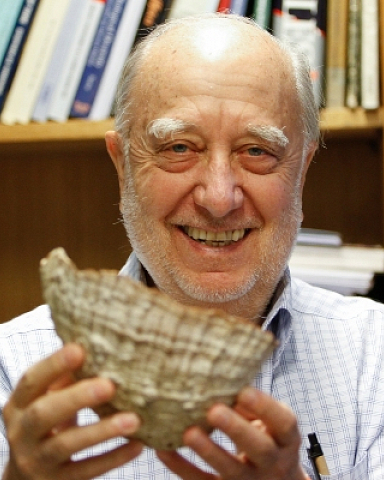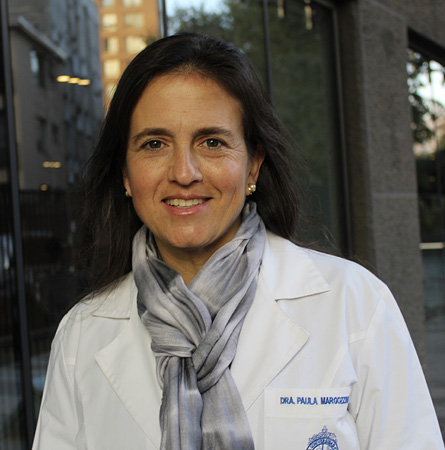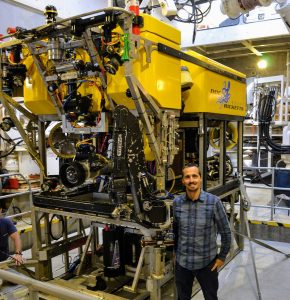The studies are focused on the preservation of the oceans, the distribution of cholesterol in the world and creatures that inhabit the depths of the sea. The UC Vice President for Research Affairs, Pedro Bouchon, emphasizes the international standing for the University that represents being published in such a prominent scientific journal.

For the UC Vice President for Research Affairs, Pedro Bouchon, having studies published in the last threemonths by UC scientists from the Faculties of Biological Sciences, Medicine and Engineering, reflects the pillars we seek to promote: frontier research, associativity and internationalization in one act. “We hope that these results are both a pride and astimulus for our entire university community. Nature is one of the multidisciplinary journals of reference for the scientific world, with very demanding standards and criteria, which is why it represents UC’s participation in frontier research,” he said.
Published topics
The first publication, from April this year, corresponds to the study conducted by biologist Juan Carlos Castilla, along with experts from 16 universities, and documents the recovery ofmarine ecosystems with actions that would achieve positive results in 2050 and which highlights the need to expand the protection areas of maritime ecosystems.
The second investigation, published in June, has the participation of doctors Paula Margozzini, Catterina Ferreccio, Juan Francisco Miquel, Flavio Nervi and Gonzalo Valdivia from the Faculty of Medicine, and addresses the distribution of risk factors, such as cholesterol, in around two hundred countries.

Finally, also during the month of June, the third study was published by the academic from the Faculty of Engineering, Giancarlo Troni. The research seeks to visually reconstruct the strangest and never-before-seen creatures at the bottom of the sea, thanks to a new imaging device that allows translucent organisms to be studied.
To review, in detail, the three Nature publications, click the links below
– Rebuilding marine life
– Repositioning of the global epicentre of non-optimal cholesterol
– Revealing enigmatic mucus structures in the deap sea using DeepPIV
Notes published on UC websites:
– https://biologia.uc.cl/los-oceanos-podrian-recuperar-los-danos-en-sus-ecosistemas-para-el-2050/
– https://medicina.uc.cl/noticias/doctores-de-medicina-uc-participan-de-publicacion-en-la-revista-nature-sobre-la-distribucion-de-colesterol-alto-en-el-mundo/
– https://www.ing.uc.cl/noticias/ingeniero-chileno-participa-en-reconstruccion-de-las-criaturas-mas-extranas-del-mar/
